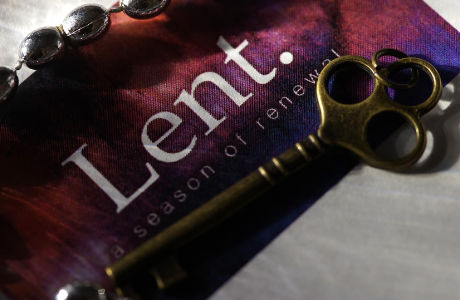The religion of atheism will once again be preached at the 2012 Atheist Convention coming up in April in Melbourne with an impressive lineup of preachers including Richard Dawkins, Sam Harris and Daniel Dennett. Christopher Hitchens was also supposed to be there but he sadly passed away last year. In the past Antony Flew may have been invited to speak as well but he’s also passed away – after converting to Christianity!
Flew was a strong advocate of atheism for most of his life arguing that one should presuppose atheism until empirical evidence of a God surfaces. He also criticised the idea of life after death and the meaningfulness of the concept of God. However, in 2004 he changed his mind stating that in keeping with his lifelong commitment to go where the evidence leads, he now believes in the existence of God. He later wrote the book “There is a God: How the World’s Most Notorious Atheist Changed His Mind.”
Flew’s conversion no doubt infuriated the likes of Richard Dawkins who regarded Flew as a mentor. Some ugly accusations ensued with some suggesting that Antony Flew was old and demented and didn’t really write the book. How childish it is when people get personal to either win an argument or try and belittle someone else’s opinion. Antony Flew wrote the following in response:
“My name is on the book and it represents exactly my opinions. I would not have a book issued in my name that I do not 100 per cent agree with. I needed someone to do the actual writing because I’m 84 and that was Roy Varghese’s role. The idea that someone manipulated me because I’m old is exactly wrong. I may be old but it is hard to manipulate me. That is my book and it represents my thinking.”
I admire Antony Flew for examining the facts and having the courage to change his mind in his old age. As Leo Tolstoy wrote, “I know that most men … can seldom accept even the simplest and most obvious truth if it would oblige them to admit the falsity of conclusions which they have delighted in explaining to colleagues, proudly taught to others, and which they have woven, thread by thread, into the fabric of their lives.” Antony Flew truly was a rare individual.
I’m glad I changed my mind in my youth. I was an atheist until I was 19 but then had an unmistakably powerful encounter with God. That encounter is just as real almost 35 years later.
The religion of atheism may have some good arguments but it can’t answer life’s most fundamental questions: Who are we? Where did we come from? What are we doing here? And where are we going when this life is over?
The religion of atheism can’t tell you where Christopher Hitchens is right now but the Christian faith can tell you with assurance where Antony Flew is. I’m glad he changed his mind and I bet he is too.






